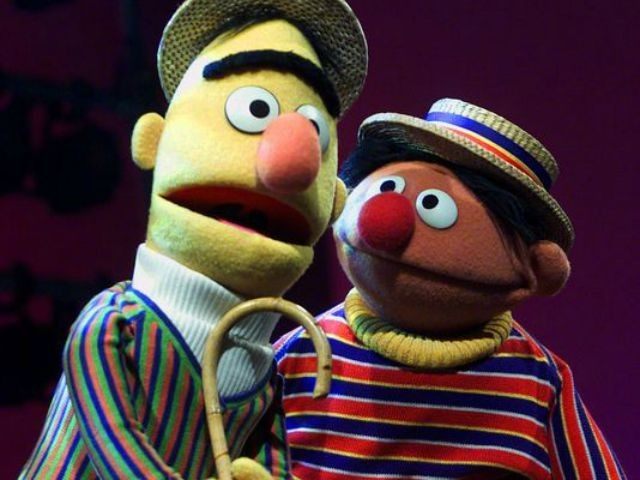HBO has reinvented television with shows like The Sopranos, The Wire, and Game of Thrones. Now it’s going in with the old, bringing Sesame Street over from PBS.
It will air nearly twice the number of episodes of this children’s classic as well as a Muppets spinoff. Don’t have a subscription? Don’t worry. These new episodes will also air later on PBS.
That’s not to say critics aren’t upset. “It makes me sad we’re privatizing a national treasure originally aimed at educating poor kids,” comedian Brian Gaar Tweeted. MIT researcher Chris Peterson said that the move damages “one of the last few truly good things in the world.”
For critics of free enterprise, the Sesame Street move is a prime example of the market reducing access to a public good. They don’t like it for the same reason they don’t like the privatization of other government services, namely, they think the market reduces access for the poor.
Though it makes intuitive sense that the poor should have better access to “free” goods, when we examine it a little more carefully we see that just the opposite is true. Take food, for instance. It’s said that when Michael Gorbachev came to visit the U.S. and saw the incredible bounty of food in the grocery stores, he was convinced of the superiority of a free economy.
Grocery stores offer fresh, cheap, and plentiful food for everyone. By contrast, countries that socialize their food production in the name of providing access for the poor tend to face shortages, famines, and poor quality.
Or look at the airline industry. Critics of privatization in the late-1970s said that airfares would skyrocket and only the super-rich would be able to afford air travel without the government setting prices and routes. Of course just the opposite happened, and the free market has made air travel accessible to even the nation’s most economically disadvantaged.
Perhaps the most contentious debate over access versus the market is in health care. Medicaid is supposed to provide health care to those who can’t afford it in the market. But in reality, it does a terrible job. In fact, half of doctors in the country refuse to see new Medicaid patients and users face months long wait to see specialists. So much for access.
And we can now add Sesame Street to this list. The show was struggling financially at PBS, losing money for several years, $11 million in fiscal 2014 alone. Its schedule was only 18 episodes, and on demand viewing was largely made up from DVD sales. HBO will air 35 episodes each year and bring much-needed modernization to the franchise. PBS will air them on a 9-month delay. In other words, the move will improve access to the show for everyone – something that the free market has an unparalleled record in doing.
Alfredo Ortiz is President and CEO of Job Creators Network

COMMENTS
Please let us know if you're having issues with commenting.